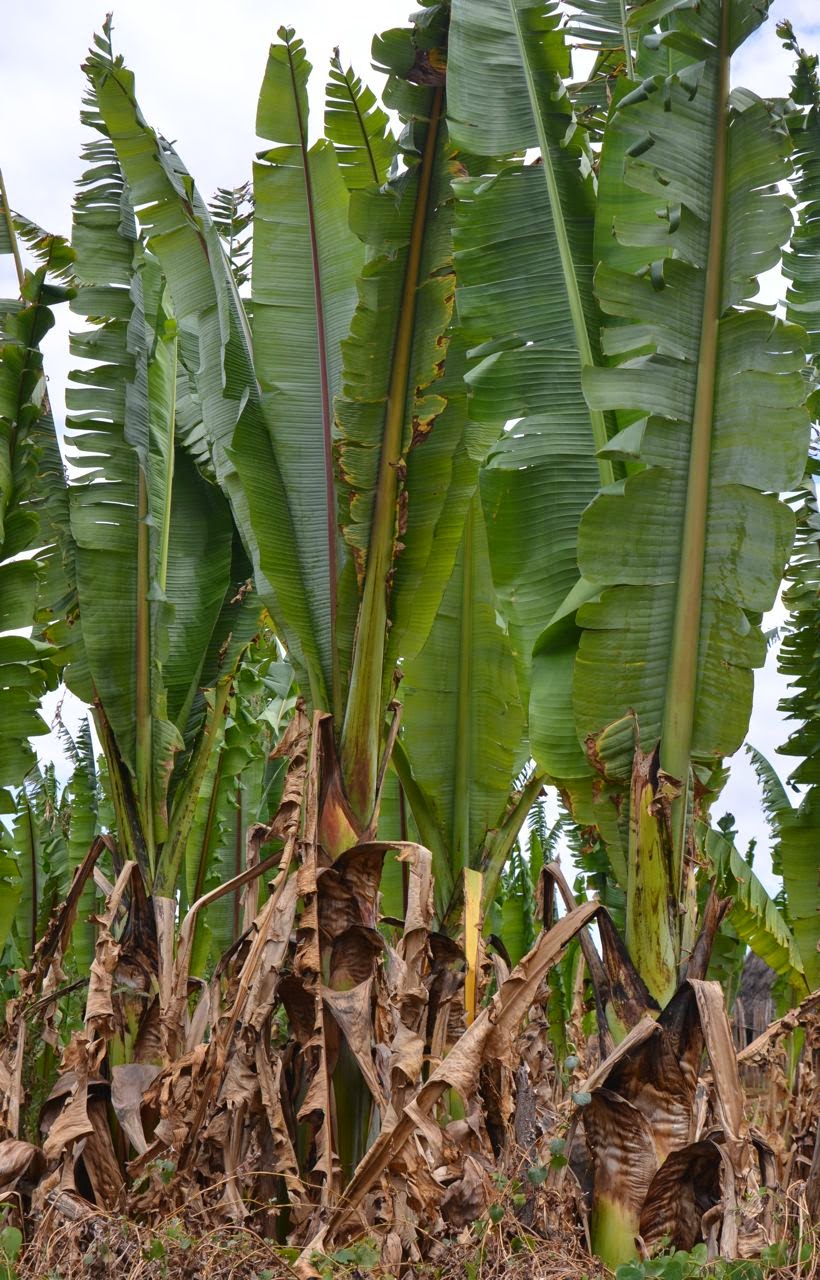Sidama Agro-Pastoralism and Ethnobiological Classification of its Primary Plant, Enset (Ensete ventricosum)

Abstract Enset is an essential plant for the Ethiopian Sidama system of agropastoralism. Sidama agropastoralism and the folk taxonomy of enset is presented here in ethnographic context. One of several societies of Ethiopia’s enset complex, the highland Sidama are among the most wholly reliant on enset and maintain more enset varieties in their gardens than other groups. Sidama agro-pastoral systems revolve around human-enset-cattle interaction: Sidama eat low-protein parts of enset; cattle eat high-protein parts of enset; Sidama get protein from dairy; Sidama fertilize enset with cattle manure. In the Sidama language, enset offers an example of Hunn’s generic elevation within the framework of Berlinian perceptual-taxonomic theory. Weesho (enset) may serve both as a folk generic taxon and a life-form taxon depending on the frame of reference. Such expansion allows for an intermediate taxa translating to “male” or “female” ensets, followed by generic and specific taxa for kinds or



